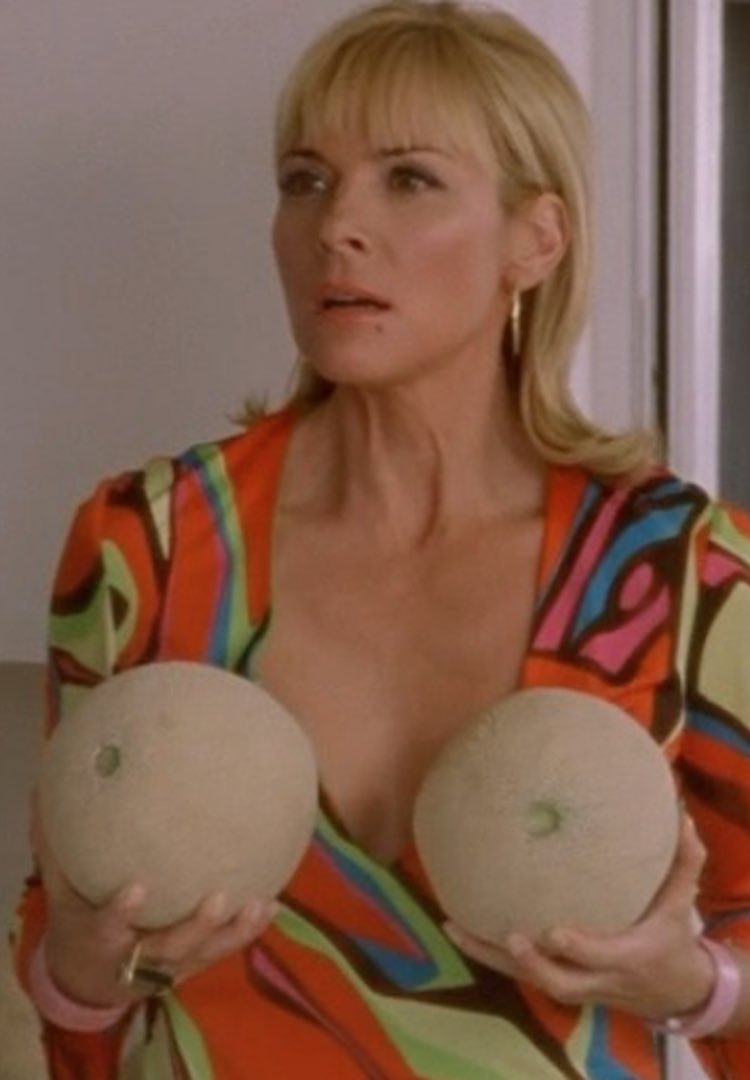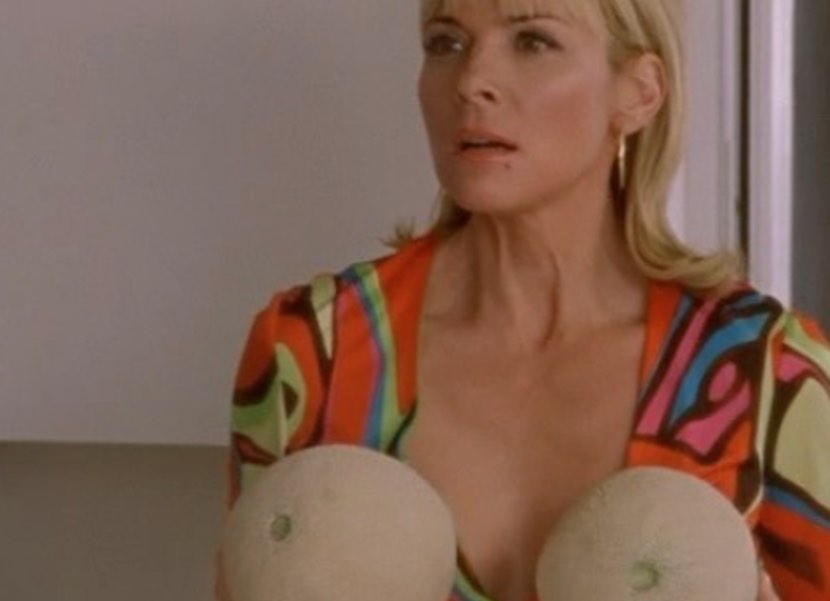Ask A Sex Therapist: Why do I feel so much pressure to have ‘the best sex ever’?
Words by Laura Miano
Sex will never be perfect all the time.
Laura Miano is a sex therapist, director of evidence-based therapy practice Miano Clinical Sexology, and co-founder of sexual wellness brand Posmo. Her mission is to empower individuals to embrace their unique sense of sexuality and achieve a more fulfilling sex life. To learn more about her, follow @lauramianosexology.
While I’m not dissatisfied with my sex life, I’ve recently been feeling the pressure to have ‘the best sex ever’. How do I start enjoying ‘regular’ sex again? – Vanilla
Hi Vanilla,
It’s never fun comparing yourself to societal standards – especially when it comes to sex. And those standards change all the time! After years of existing as a very conservative, ‘controlled’ and – for lack of a better word – prudish community, the times are undoubtedly changing.
Instead of avoiding ‘the talk’ and suppressing our desires, we’ve flipped to a hypersexual side of the spectrum. We’re told we should be having ‘the best sex ever’ – and lots of it. While we’re certainly more empowered and progressive these days (thank goodness), the expectation to have a constant turbo-mode libido and lots of mind-blowing sex can be a little crushing.
How did it happen?
My clients often say to me that their partners ‘just want them to walk into the room and take off their clothing’. Movies and TV are constantly showing scenes in which characters are turned on at the drop of a hat – immediately lubricated, aroused and ready for crazy sex. Lighting, soundtrack and editing make every sexual experience look seamlessly euphoric. But as we know, that’s just not always the case.
When Sex and the City’s Samantha Jones was trying to slow it down with her partner, she told her friends she’d only be having sex “two or three times a week”. It’s damaging to put a ‘magic number’ on our sexual experiences! We feel like what we’re doing is never enough – particularly when we’re ignoring factors that impact sexual functioning. Mental health, stress, different medications and physical barriers can all diminish our desire to have sex.
Peer pressure
As we’re all acutely aware, the pressure to have sex (and subsequently, a specific kind of mind-blowing sex) starts alarmingly early in our lives. In what could arguably be considered our most awkward human years, those formative conversations about sex often omitted the ‘nitty gritty’. The anxious, bumbling and unsexy bits in between – finding a rhythm, funny noises, questions about consent – were quietly left to the side, with stories focusing on how easy it is to get hot and heavy.
Without realistic expectations of sex, we begin to value performance over pleasure. Comparison gives people certain expectations they feel they need to meet to feel good about their sex lives, and if you don’t meet these expectations, you’re made to feel ‘frigid’. The ‘frigid’ narrative can be damaging in a number of ways. Everyone is different! People might have wonderful, loving sex once a year and feel completely satisfied and fulfilled.
A quick-fix industry
Think back to your early adolescence. What kinds of magazines were you browsing in the supermarket checkout aisle? There was (and likely still is) a certain kind of ‘best sex’ headline etched into the back of our brains. ‘Best’ was always painted as instant, euphoric orgasms, long-lasting romps, bigger erections, lots of natural lubrication and ‘head that will blow his mind’.
Don’t get me wrong – these things can be great. But where are the conversations about connected, emotional or transformative sex? At the same time, industry-pushed devices like penile vacuums, penis pumps and sexual enhancement supplements overemphasise the role of performance markers. These fail to address an individual’s definition of intimacy and oversimplify sex.
What’s realistic?
Redefine what you call sex! Sex might start at the start of the week, when you and your sexual partner flirt, play games and build sexual tension. Putting that ‘ideal’ number on your experiences – counting kisses, outercourse, intercourse and orgasms – is totally missing the mark! Bring your daily life into sex and sex into your daily life. Make it unique to you and your partner. Make it fluid.
Taking your broader life into context – kids, stress, lockdowns, long term or long-distance relationships, mental health issues – there are so many factors that can impact sex drive. Your libido is not immutable! When these situations happen, you can often expect your sex drive to decrease, which is okay. Remember that when the going gets tough, you can still have wonderful sex – even if it’s decreased in frequency.
Sex can just be good enough; you don’t always need to have ‘mind-blowing’ sex. It’s important to understand that there are so many different kinds of satisfying sex. It can be romantic, explorative, wild, fast-paced, super slow or simple. Think about it like food – you often don’t want to eat the same meal all the time. By putting unrealistic expectations on yourself and your partner, unmet expectations can lead to frustration, a sense of failure and distress.
Focus on pleasure
For fulfilling and non-comparative sex, move away from performance and focus on your pleasure. Performance is an easy way for people to understand and measure up their sex life, but it might be healthier to try to look into other methods of assessment. I like to ask clients how sexually satisfied they are out of 10. Did they actively pursue pleasure? Did they feel connected or intimate with their sexual partner?
Embrace variation! Expecting ‘perfect’ sex can be super self-defeating as sex won’t ever be perfect all the time. Take this in your stride and have fun with the varying spectrum of your experiences. Try to replace the negative interpretations of your sex life with good ones! If you intentionally counter negative evaluations and begin to view your sex life as inherently good, you might find you start feeling more satisfaction.
For more about combatting sexual expectations, head here.













